Your Customer Success efforts generate a lot of data, from product usage to customer behavior to adoption and renewal rates. But how are you supposed to use all that data?
Think of the data as the raw ingredients you can buy from the grocery store. You can buy the highest quality ingredients or you can just get the basics. You can make them into any number of dishes, from simple to complex. But you have to do something with the ingredients, otherwise what was the point of gathering them all from the store in the first place?
That’s the big question on a lot of companies’ minds. You read all the articles and saw the light on how important Customer Success is to your business. You did your homework and gathered the data. Now what? How does all that data actually inform what you do as a company? There’s no single right answer for how CS data changes the way you work, but there are a few places you can start.
Emphasize a Company Culture of Customer Success
Your Customer Success efforts need to be company-wide to work — everyone should be doing their jobs with the goal of delighting and retaining the customer in mind. This might be a big shift from the old way of doing things for some people. Until the last ten years or so, keeping customers happy was widely viewed as a customer service problem.
Now, we know that generating valuable, long-term customers starts on day one — not after a problem has been identified. Your data can help with this: Examine usage patterns to find out where people get hung up, then go directly to the department concerned to fix problems at the source. If you’re seeing customers regularly exit your platform when they get to a certain page, your product team will want to take a look. If that page is the checkout or billing page, both product and your finance department will want to know.
Share Data With Everyone
One of the most useful aspects of a strong Customer Success strategy is how versatile the department can be. Customer Success feeds useful insights to every department in the company, allowing them to make more educated and informed decisions in an effort to delight and retain customers.
Support teams can use CS data to identify common bugs and feature requests, anticipating customer needs and getting in front of new problems that future customers might face. Support teams can also solicit positive customer feedback, feeding testimonials and reviews to product teams and marketing teams to generate new leads.
Training and education teams can take note of specific points in the training process that tend to cause challenges, using those pain points to modify education procedures or provide additional support for the steps that tend to cause the most trouble. You can also use the data to suggest additional training and courses that focus on the areas where specific customers have trouble.
Different organizations handle renewals in their own way, but it’s often a role that falls to the sales team. If that’s the case, Customer Success data can be a huge help in identifying early risks to renewals — the patterns that CS teams identify that lead to renewal or churn can be invaluable when trying to keep customer retention high.
Product teams benefit, too. Customer insights on how they made purchases, which features most appealed to them, and which features could do with improvement are all valuable Customer Success insights that can feed into improving future iterations of your product.
Finally, your marketing team will develop a mutually beneficial relationship with your CS teams. Customer Success data can inform marketing efforts by telling them which features are most appealing to new customers and by generating case studies that will add authority to marketing materials.
In return, marketing teams can kickstart a positive Customer Success relationship with the customer by calling attention to the exact features that have proven to be the most popular and most effective at creating long-term loyalty.
Focus on Outcomes and ROI
Inevitably, in business, you’ll have to make decisions from the gut. But the more data collection you conduct, the fewer and farther between those intuitive decisions will be — and that’s a good thing.
Using data to make decisions is what takes a good business model and strategy to a great one — in one survey, 83 percent of businesses said that using data made their existing offerings more profitable. Your business’ goal is to ensure that your customers are successful in using your product, that the product is meeting their needs and going beyond them, and that they’re so happy that they’ll become advocates for your product going forward.
Thanks to more and more advanced CS data, you can tell exactly how satisfied and successful your customers are. You can tell which features they’re using and how much, how often they perform certain tasks, how complex their workflows are, and how well integrated your product is into their daily life.
We live in a world where most industries are trying to drink from a firehose of data — there’s so much available that they don’t know what to do with it. The more you can harness that stream of data to make business decisions and inform strategy across departments, the better off you’ll be.

